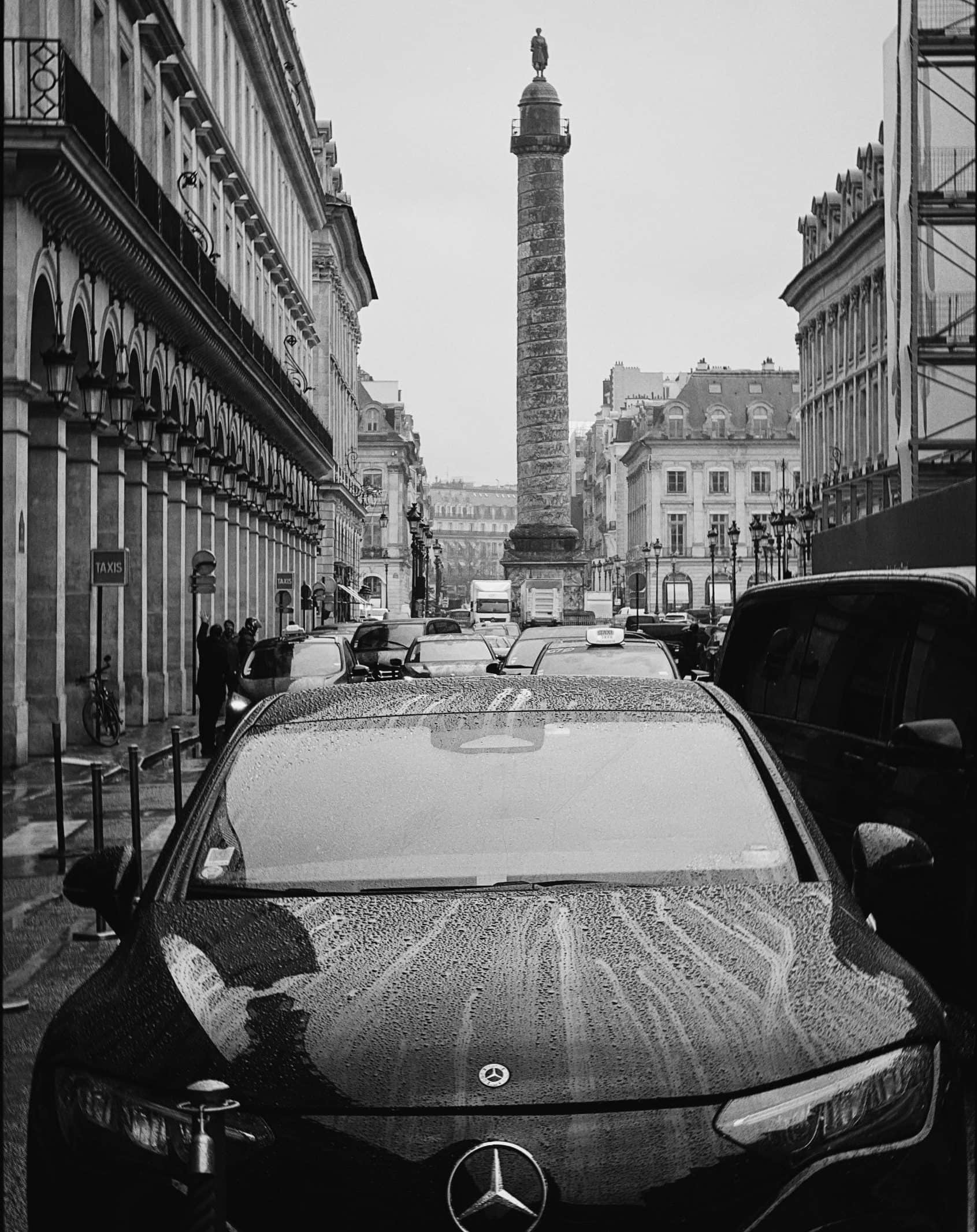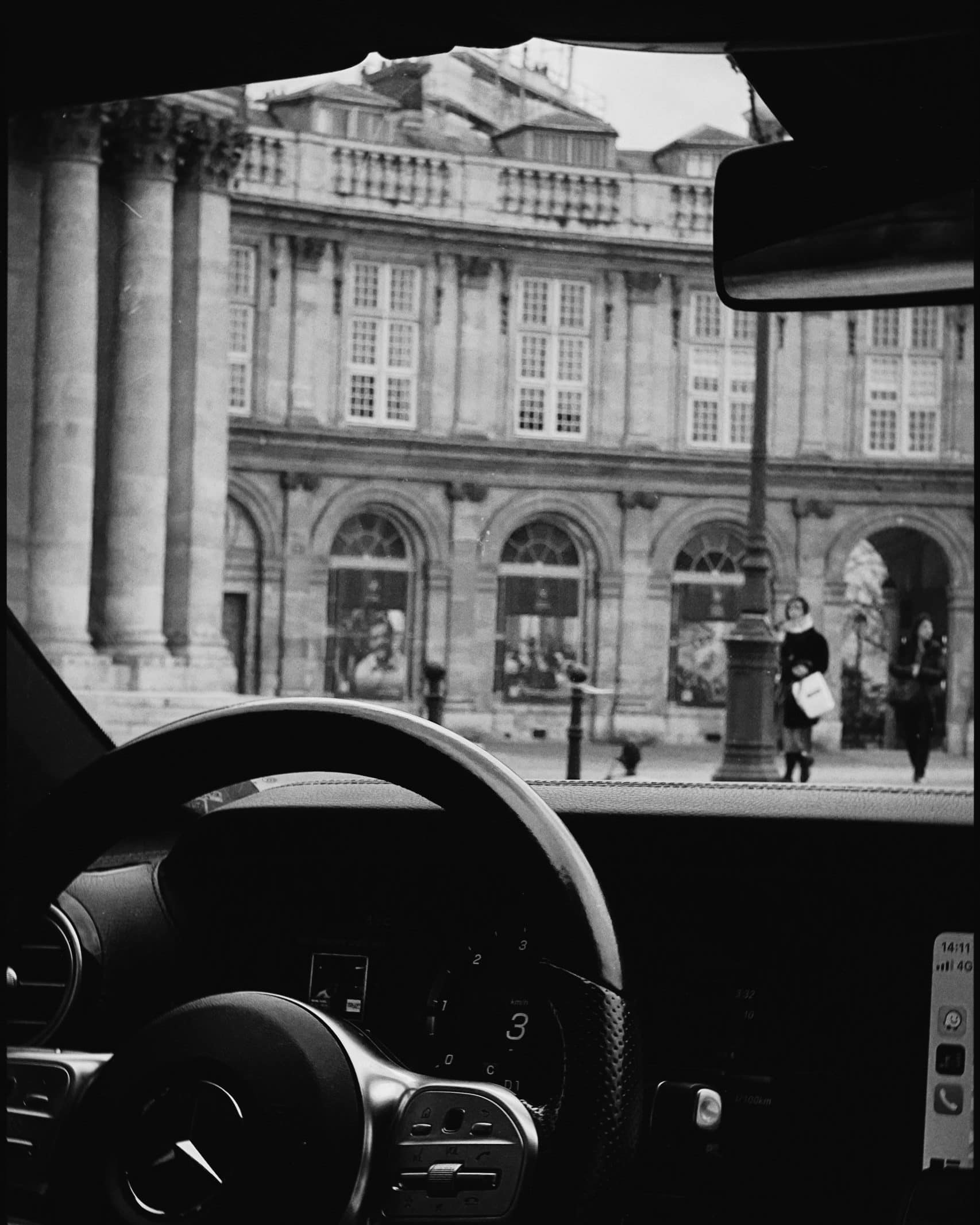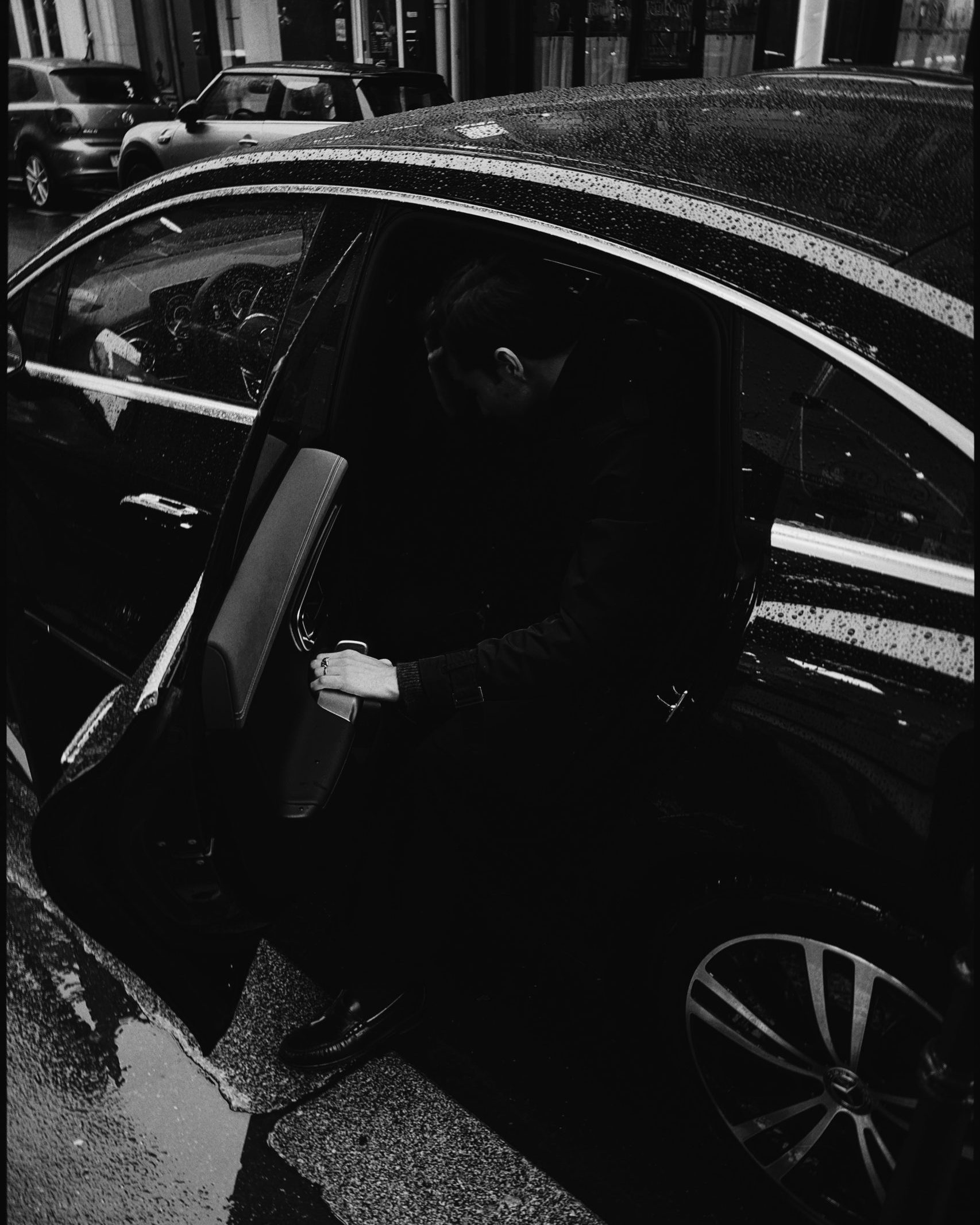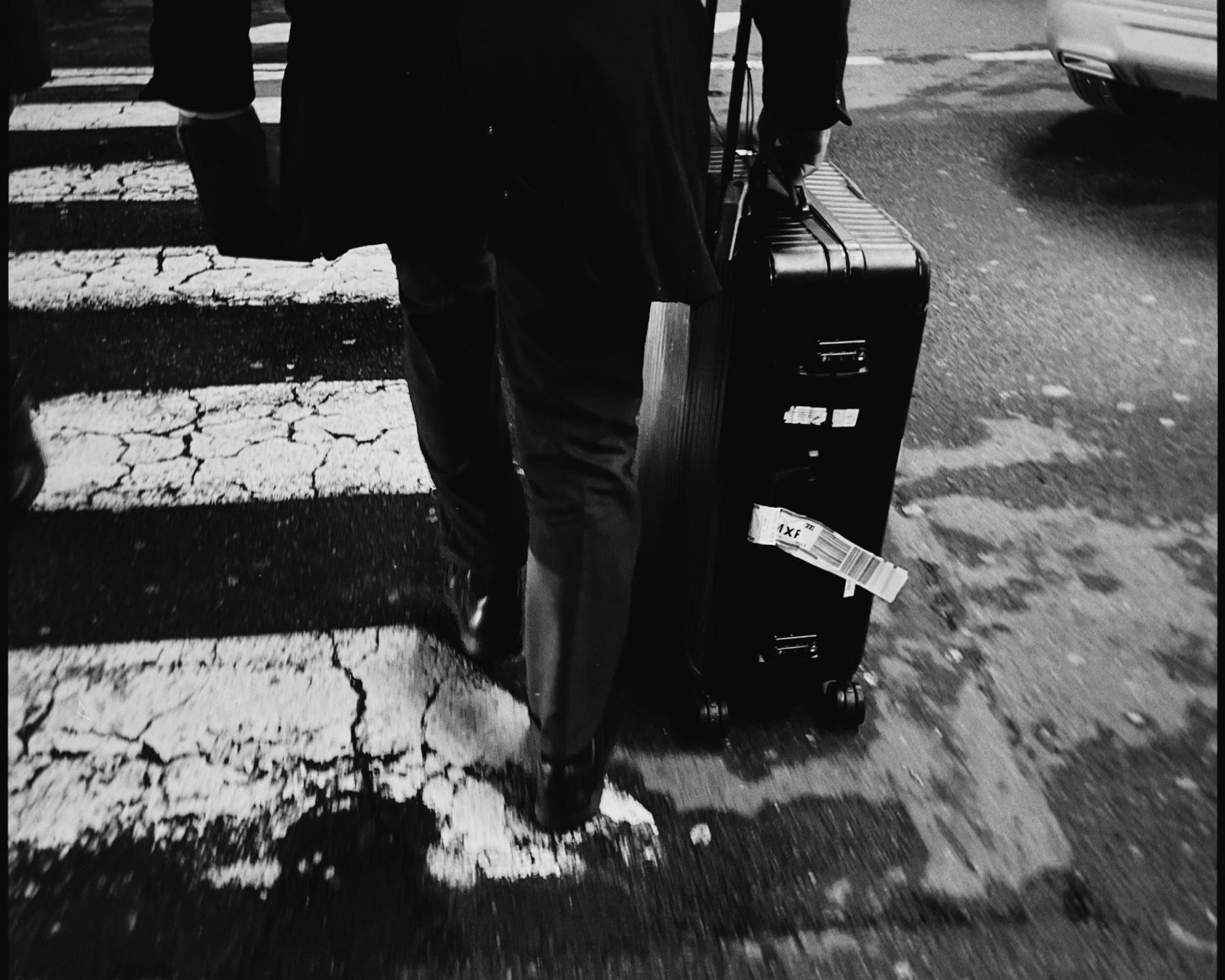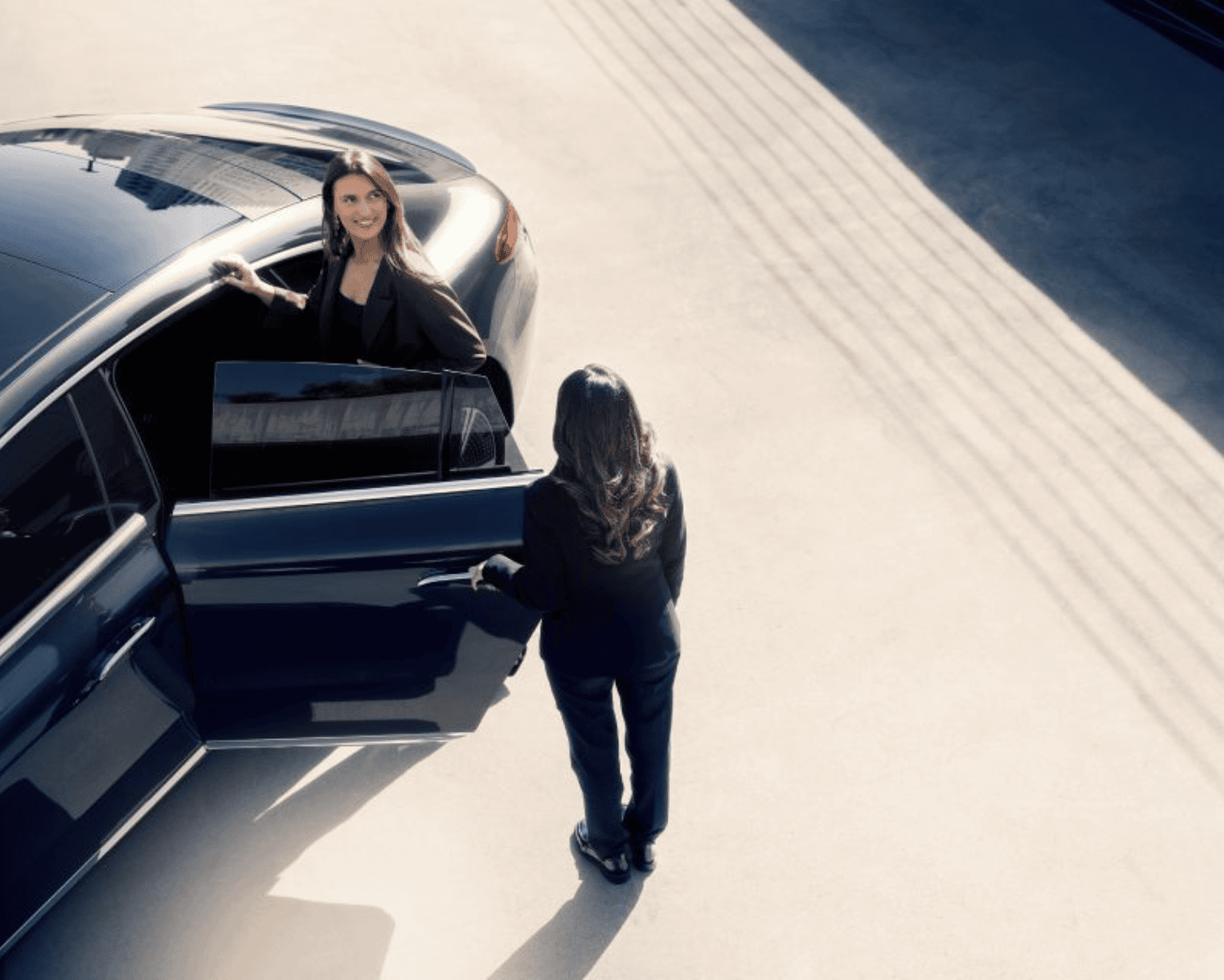It began with Sunday nights. For Jens Wohltorf, the genesis of Blacklane wasn’t rooted in complex business models or market analyses—it started with a simple desire shared between two friends who wanted to smile before the workweek began. Alongside his co-founder Frank, Jens dreamed of creating something larger than a service; they envisioned crafting an organization where purpose and respect would be the cornerstones of every interaction.
The spark of inspiration came from countless nights in foreign cities, where as a Boston Consulting Group consultant, Wohltorf experienced firsthand the fragmented nature of luxury ground transportation. “From a hundred rides,” he recalls, “maybe two were exceptional.” Those rare moments—when a chauffeur could read his mind, anticipating needs before they were voiced—stood in stark contrast to the norm of blinking dashboards and uncertain experiences.
What struck him most wasn’t just the inconsistency of service, but the profound difference between a Monday morning rush to a board meeting and a Thursday night journey home to family. Each moment demanded its own atmosphere, its own understanding. These weren’t just rides; they were transitions between life’s crucial moments, deserving of care and attention.
The challenge was ambitious: how to make the extraordinary become the standard? In 2011, when smartphones were just beginning to reshape our world, Wohltorf saw an opportunity to bridge technology with human intuition. But beyond the technological challenge lay a more nuanced goal—creating a global language of service that could translate across cultures while remaining deeply personal.
The vision extended beyond the passenger’s experience. Wohltorf observed small local providers wholly dependent on single corporate clients, their businesses hanging by a thread. “We wanted to provide a decent living and a reliable revenue stream to that industry,” he explains, demonstrating how personal experience shaped not just the service model, but the entire ecosystem Blacklane would build.
Today, that vision has evolved into what Wohltorf calls “individualization”—moving beyond mere personalization to create experiences that truly understand each passenger. It’s the difference between writing someone’s name on a cake and knowing their dietary restrictions. This attention to detail extends from the way a door is opened in the rain to understanding the cultural nuances of how different travelers expect to be greeted.
As the company grows, Wohltorf’s original Sunday night dream has expanded into new territories. In Dubai, Blacklane has achieved a fully electric fleet and welcomed a groundbreaking number of women chauffeurs in a traditionally male-dominated industry. Each new city—whether London, Miami, or the upcoming Riyadh—represents not just a market expansion, but a chance to redefine what ground transportation can mean for both passengers and chauffeurs.
The journey from those first contemplative Sunday nights to a global mobility company reveals how personal experiences can shape an entire industry’s transformation. For Wohltorf, every ride is still about that original vision: ensuring that whether you’re heading to a fashion show in Milan or a board meeting in Tokyo, you arrive not just on time, but in your best possible state—ready for whatever awaits you when the door opens.
